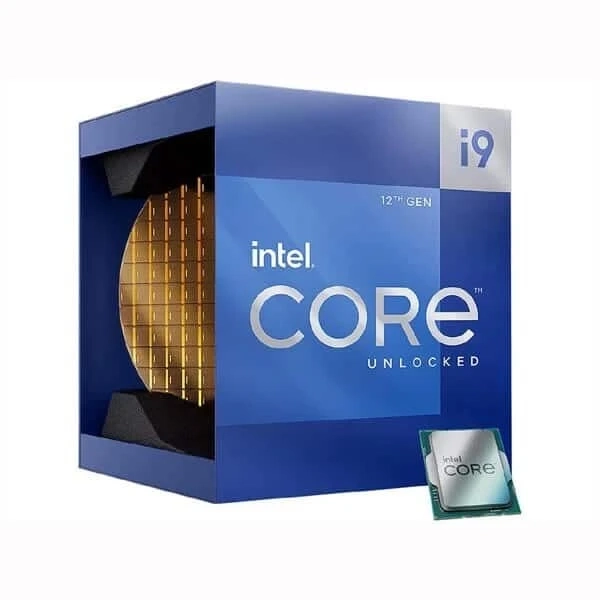The Intel core i9 12900k processor, the company\'s most anticipated CPU in a long time, was introduced at the end of the fourth quarter of 2021. As a result, Intel is bringing to desktop processors a new technology that employs two types of cores in each processor: performance cores (p-cores) and efficient cores (e-cores), both of which are led by the Intel Thread Director. You may learn more about the subject by visiting ModxComputers.
Other intriguing technology will be introduced with the 12th generation. DDR5 memory is one of them. However, most typical gamers are now having difficulty finding any supply of DDR5. As a result, we chose to evaluate performance with a D4 version of the Z690, which uses DDR4 memory.
THE STANDARDS, THE COMPETITIONS, AND THE LAYOUT
For today\'s piece, we used benchmark data from three unique revisions of the Modxcomputers that we took throughout the years.
Intel Core i9-12900k, i9-11900k, and i9-10900k processors
- Corsair Vengeance 3200 MHz DDR4 32GB (2x16GB)
NVIDIA GeForce RTX 3080 8GB ASUS
1TB m.2 NVMe 750 Black Western Digital 2
- 850-watt Platinum Power Supplz0that we acquired over the years
- Intel Core i9-12900k, i9-11900k, and i9-10900k processors
- Corsair Vengeance 3200 MHz DDR4 32GB (2x16GB)
- ASUS NVIDIA GeForce RTX 3080 8GB
- Western Digital 2 x 1TB m.2 NVMe 750 Black
- Corsair 850-watt Platinum power supply
- Windows 10 Home Edition
SUMMARIES OF BENCHMARKS
In-game FPS are up 21% on average compared to the 11th generation. Intel Core i9-11900K processor
When we see these figures, we get quite enthusiastic. The boost in FPS for games like Valorant (27%) and RDII (23%) is just astounding for only one generation step. Even COD, which is, to be honest, a badly optimized game, gains about 10% in FPS.
In-game FPS are boosted 11% on average when compared to the 10th generation Intel CoreTM i9-10900K.
However, when we look at these data, we are perplexed.
When compared to the 10th generation, we notice a lesser gain in FPS. Does this imply that the 11th generation has a lower FPS than the 10th generation? It does, according to our figures with a comparable arrangement. To be quite honest, when the i7-11700k was out, most of our regular corporate clients who used to buy the i9-10900k on ALL of their builds switched to the i7-11700k.
Without getting into too much detail, the i9-10900k had 10 Cores and 20 Threads, whereas the i9-11900k had 8 Cores and 16 Threads. It also did not sit well with Intel\'s clients.
Benchmark scores have increased 34% on average when compared to the 11th generation Intel CoreTM i9-11900K.
Now for the benchmarks. True, they paint a less realistic picture of what it\'s like to utilize a computer. And, unless you\'re a benchmark YouTuber, we all use our PCs for work and, more often than not, gaming. Benchmarks, on the other hand, are beneficial since they continually compare the same items. And, whereas games\' settings tend to change over time and for different configurations, benchmarks provide a continuous snapshot of the performance gain.
In terms of outcomes, we are witnessing a significant boost in rendering capability. Cinebench scores the 12th generation 80% higher than the 11th. That whets our appetite for more rendering benchmarks with these two CPUs. If that rise is witnessed across numerous creative tools, we believe the i9-12900k will become a popular CPU in Adata XPG Gammix D30.
We\'re not surprised that Port Royal (5%) and Time Spy (11%) see a less substantial gain in the score. These benchmarks are heavily focused on the GPU. These results are logical given that we ran all of our tests with the NVIDIA GeForce RTX 3080.



